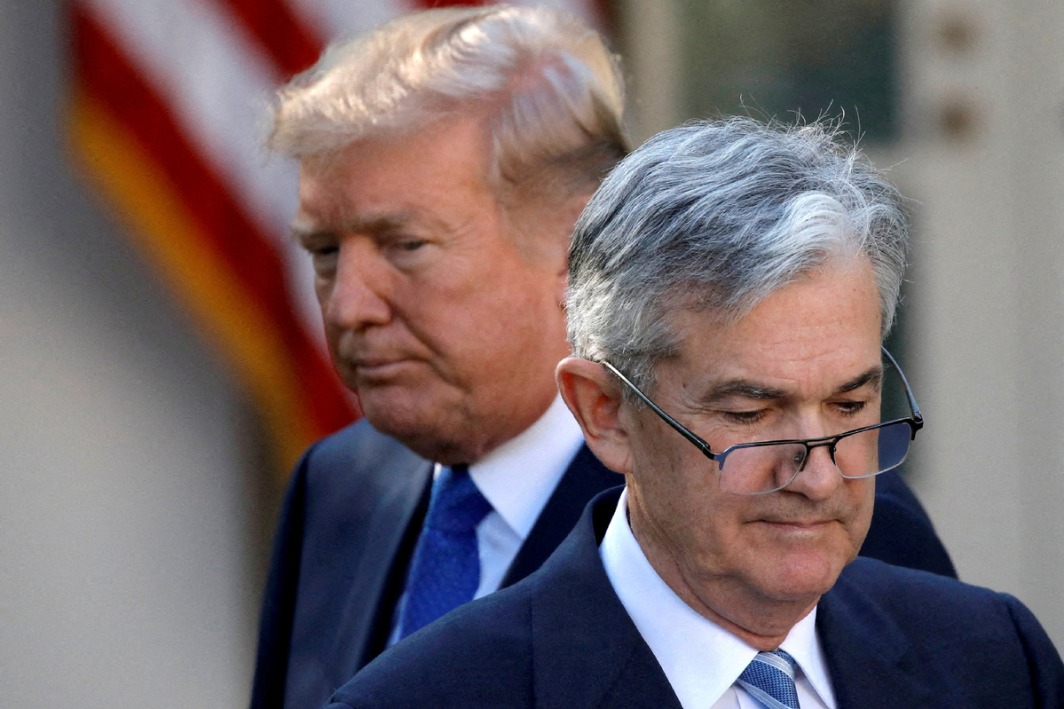Brazil expresses 'indignation' over US tariffs


BRASILIA -- The Brazilian government has formally protested the US decision to impose 50 percent import tariffs on all Brazilian exports, effective Aug 1, warning of serious economic consequences and a strain on bilateral relations.
In a letter to US Secretary of Commerce Howard Lutnick and Trade Representative Jamieson Greer, Brazil conveyed its "indignation" over the move announced by US President Donald Trump on July 9.
The letter was jointly signed by Vice President and Development Minister Geraldo Alckmin and Foreign Minister Mauro Vieira, said a statement released Wednesday by Brazil's Ministry of Development, Industry, Trade and Services.
"The Brazilian government expresses its indignation at the July 9 announcement," the letter read, warning that the tariffs would severely impact key sectors in both economies and jeopardize what has historically been a strong economic partnership.
"In over two centuries of bilateral ties, trade has been a cornerstone of cooperation and prosperity between the two largest economies in the Americas," it noted.
The protest comes amid a broader backlash in Brazil. A public opinion poll conducted by consulting firm Quaest between July 10 and 14 showed overwhelming domestic opposition to the US tariffs. The survey, which engaged more than 2,000 respondents across 120 municipalities, found that 72 percent of Brazilians reject Trump's justification for the tariffs, which cited alleged political persecution of former Brazilian President Jair Bolsonaro.
Seventy-nine percent of respondents expressed concern that the tariffs would negatively affect their lives or those of their families. Fifty-three percent of those surveyed supported Brazilian President Luiz Inacio Lula da Silva's stance on imposing reciprocal tariffs, while his approval rating rose modestly from 40 to 43 percent amid the dispute.
US Trade Representative Jamieson Greer announced that Washington has launched an investigation into Brazil's trade practices, focusing on the treatment of digital commerce and electronic payment services, which the United States claims to be discriminatory and harmful to American businesses.
































